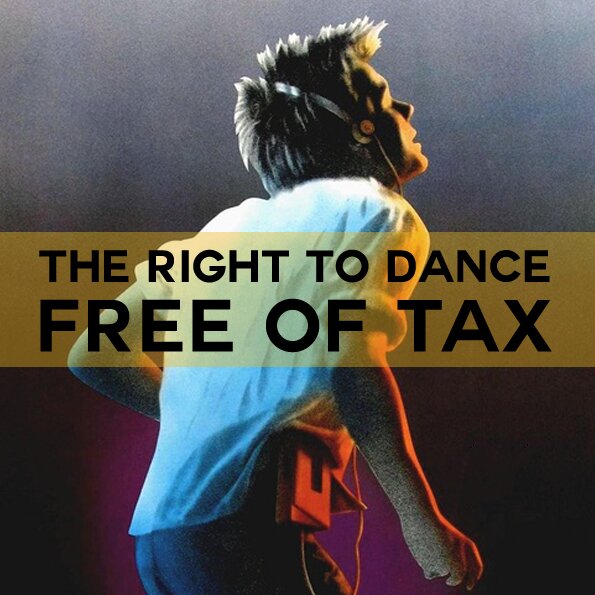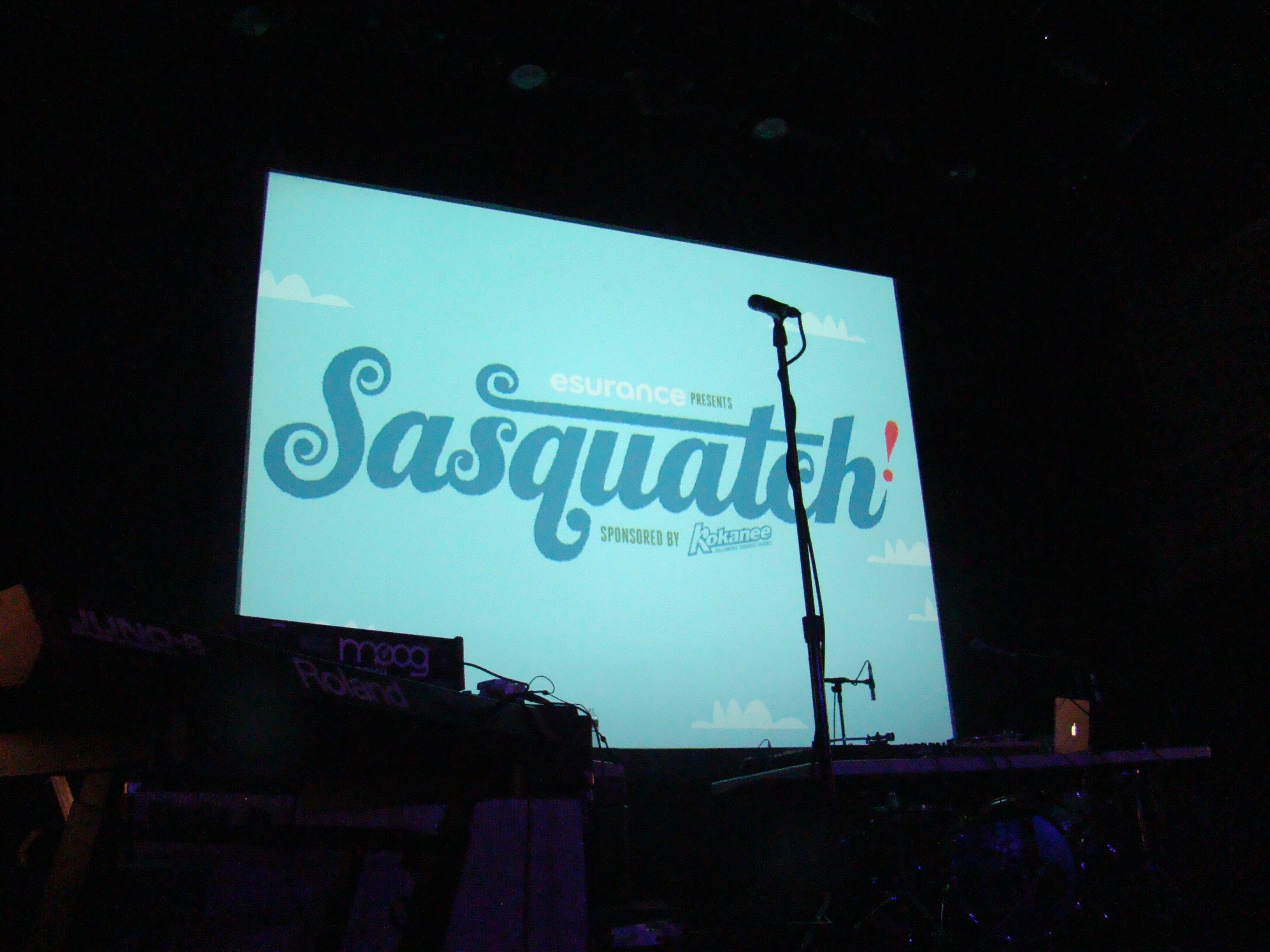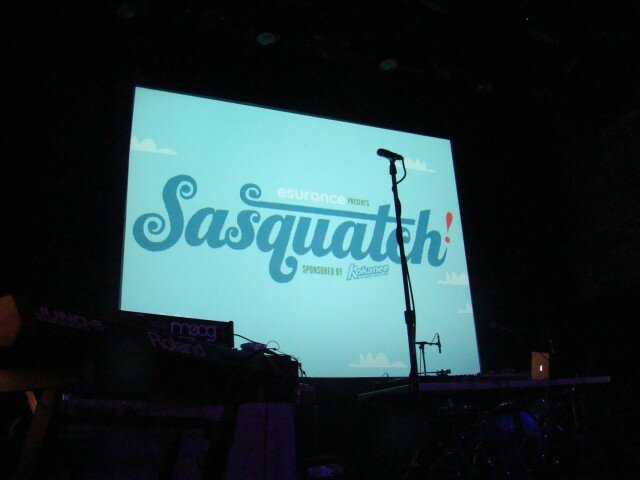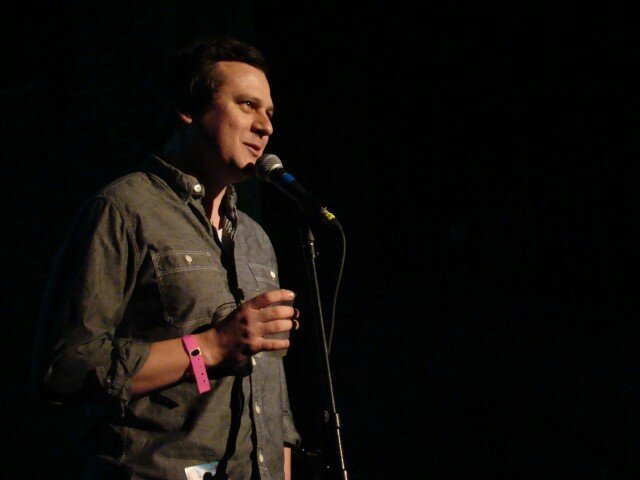 In a spirit of surprise welcomed by absolutely no one (except, maybe, regional tax collectors), multiple music venues throughout this state are facing retroactive tax bills for allowing the ‘Opportunity to Dance’ in their venues.
In a spirit of surprise welcomed by absolutely no one (except, maybe, regional tax collectors), multiple music venues throughout this state are facing retroactive tax bills for allowing the ‘Opportunity to Dance’ in their venues.
The obscure tax made its debut in the 1980s as a method of generating income from aerobics studios, Jazzercise classes, and other decidedly non-rock-and-roll recreational activities. And for years, most Seattle music venues have gone through audits (and readily paid the usual barrage of state and local taxes), without any knowledge of this particular law.
The state government, however, apparently considers most music venues in Washington state subject to this tax, and in a bid to generate revenue, they’re asking local venues to pony up. The time-honored Seattle tradition of passively head-bobbing at a music venue apparently isn’t safe, either: Venues who don’t offer any sort of dance classes or so-called “Dance Music” are being taxed because they have open floors, where the ‘potential for dancing’ exists.
All of this has come as quite a surprise to many local venues, with several club owners and operators being held accountable for tens, even hundreds, of thousands of dollars in retroactive taxes.
Some local venues have already taken huge hits thanks to the newly-discovered tax. Capitol Hill’s Century Ballroom is currently holding a fundraiser to cover their massive retroactive tax bill ($92,000). And other clubs who’ve already fulfilled their taxation obligations are also being dinged for additional sales tax on admissions. Another Capitol Hill fixture, Neighbors, was audited twice: For the first audit, the Opportunity to Dance Tax never even came up. For the second audit, Neighbors was held accountable for retroactive taxes of $300,000. Those kinds of figures are more than enough to kill most local clubs.
According to opponents, if it’s allowed to stand as-is, the ‘Opportunity to Dance’ tax could provide consumers with a real slug to the pocketbook, too: Ticket prices could jump ten percent on local venues’ admissions to accommodate payment.
Legislators and venue operators aren’t taking this sitting down. Neumo’s co-owner Steven Severin went on Luke Burbank’s KIRO Radio show to get the word out, and State Senator Ed Murray has introduced a bill, SB 5613, that’s made its way to a hearing, scheduled tomorrow at the State Capital. The bill’s drawn support from the SNMA, Local 76 Musicians, The Recording Academy, and the WA State Arts Alliance.
Even with the impending hearing, SB 5613’s supporters could use some added voices in their favor. Music fans can contact their district legislators (a list of legislators can be accessed here) to weigh in, and if you’re unsure which district serves you, just go here. A quick note (with your home address included) will get your voice heard.
















